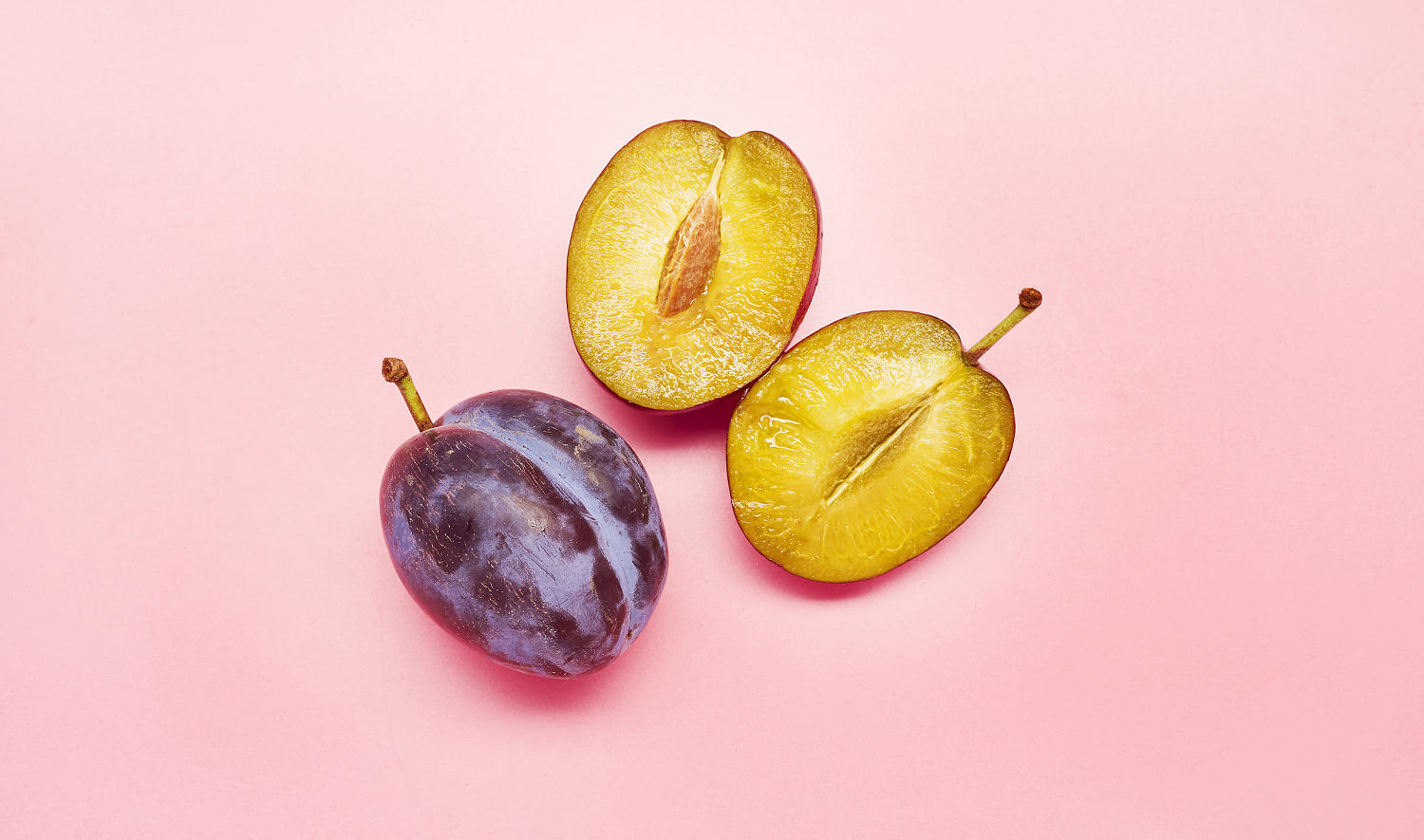
With their mild sweetness, plums are often overlooked for the flashier summer fruits, like , and . But plums provide benefits for your gut, heart and bone health year-round, experts say, and they deserve a space on your plate. The stone fruits “contain over 15 different vitamins and minerals, as well as fiber, carbohydrates and antioxidants,” Shelly Wegman, registered dietitian at UNC Rex Nutrition Services, tells TODAY.
com Plums are low in calories yet high in fiber and sweetness, Grace Derocha, registered dietitian and spokesperson for the Academy of Nutrition and Dietetics, tells TODAY.com. Nutritionally, plums promote digestive health due to their fiber, she says, but they also have plenty of other lesser known benefits for heart and bone health.

And with more than 2,000 varieties of plums out there to explore, Derocha says, it's worth giving these stone fruits a chance. In , you'll find: As you can see, plums are sweet yet low in calories and sugar — even lower than some other stone fruits, like . Plums also provide a bit of fiber and plenty of other healthful nutrients.
Plums may be small, but they're filled to the brim with healthy compounds and nutrients. They're particularly rich in soluble fiber, Wegman says. and swells within the intestines, as TODAY.
com explained previously, which slows down your meals as they move through your gut. In this way, soluble fiber leads to feelings of fullness after a meal. It also can also help improve both cholesterol and blood sugar control, Wegman says, because those compounds get absorbed more slowly into the blood stream with soluble fiber trapping them.
There's about 1 to 1.5 grams of fiber in a small-to-medium-sized plum, Derocha says. "It doesn't sound like a lot, but that's still a good amount (when you think about) the size of a plum," she says.
Plums are also a good source of potassium and magnesium, Derocha notes. Potassium helps balance out the sodium in your body, which aids in keeping a healthy blood pressure, she explains. And magnesium has benefits for bone health.
With their deep purple color, plums offer a bevy of other helpful plant compounds, including antioxidants like quercetin and anthocyanins, the experts say. These antioxidants "can help fight oxidative stress from aging, cancers or other chronic conditions," Derocha says. In particular, anthocyanins “can protect against high blood pressure and boost heart health,” Wegman adds.
You can also find anthocyanins in dark berries, like and . Dried plums, also called prunes, have plenty of benefits to offer as well. In particular, prunes are well-known for their gut-health benefits, especially their potential to relieve constipation thanks to their high fiber content.
However, Wegman says, be aware that prunes contain sorbitol, a naturally-occurring sugar alcohol that has laxative properties but can cause gastric issues in large quantities. The sorbitol in prunes — plus the fiber content — can help keep you regular. But it can also lead to uncomfortable gastrointestinal consequences if you eat too many, the experts warn.
Because prunes are dried, they have many of the same nutrients as plums but in higher concentrations. That includes flavonoids and phenolic compounds that come with anti-inflammatory, anti-aging and antioxidant benefits, Wegman says. There's even that prunes could help astronauts maintain bone density in space, Derocha says.
Be extra careful when biting into or slicing up a plum, Derocha warns. The seed inside the pit , a compound that gets converted into a form of cyanide that can be toxic if swallowed. "If you were to swallow (the pit) whole, our body wouldn't be able to break it down," Derocha says.
The real danger presents when you bite or crush the seed before swallowing it, the explains, and even ingesting small amounts of cyanide can cause serious symptoms. So if you're cutting into the plum or even biting into it, Derocha says, "you want to try to avoid getting any of the pieces of the seed in your mouth." Amygdalin is also found in other stone fruits, like peaches and cherries, but they're present in different amounts.
Plums and prunes contain a bit of vitamin K, which is But folks who are taking blood thinners should be cautious about ingesting too much vitamin K, the experts note. Vitamin K helps blood clot, so it can interfere with blood thinning medications, Wegman explains. That doesn't mean you can't eat plums if you're taking those medications, Derocha says, but it's important not to suddenly increase the amount of vitamin K you're getting without checking in with your doctor.
"We always tell (patients on blood thinners) to be consistent with the amount of vitamin K you're getting from your food," she adds. With their mildly sweet and refreshing flavor, fresh plums are great to eat on their own. Sliced or diced, they also make delicious additions to , smoothies, overnight oats or a salad.
"Think of arugula with sliced plums and a sprinkle of fresh Parmesan," Wegman says. But both experts particularly love grilling, poaching and roasting plums. "It's super easy," Derocha says, "And it really brings out their natural sweetness.
" From there, you can eat them on their own with some warm spices or alongside a little vanilla or ice cream for a light dessert. The experts are also both fans of using plums in sauces — particularly — and salsa, both of which can be used to top your protein of choice. Of course, plums are also a perfect late-summer baking ingredient.
While people often reach for peaches or berries to fill their pies, cobblers and crumbles, plums "kind of get forgotten," Derocha says. But plums can be a great filling for those classic baked goods as well..












